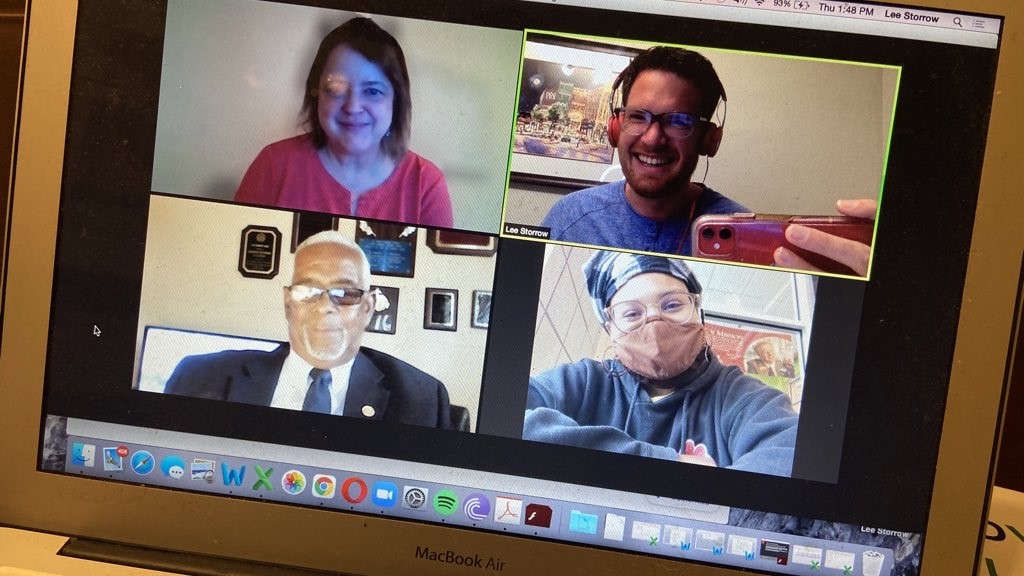
By Jadyn Jones, a 2021 SECU Public Fellows Intern with Blueprint NC
Lately I’ve done a lot of work on the Community Centered Civic Engagement (CCCE) Grant offered by Blueprint. This grant is designed to support organizations who have incorporated both a direct service and civic engagement component into their work. Direct services are the programs that are designed to address specific issues within a community. Civic engagement programs seek to empower community members through the electoral process.
From my time on the grant panel, I’ve had the opportunity to meet many Blueprint partner organizations and learn more about how nonprofits operate. The work that Blueprint likes to support can best be exemplified in a meeting I had with Cynthia Wallace, one of the co-founders of New Rural Project (NRP). In our meeting, Cynthia discussed her vision for her organization, and summarized her focus through this general question to her community: “What aren’t you politically engaged, and what are the barriers to your engagement?”
The NRP exists to serve communities that consistently demonstrate low political engagement of Black, Indigenous and other People of Color (BIPOC), particularly in rural areas. In our meeting, Cynthia discussed her own career in politics and the frustration she felt with the lack of voter engagement among BIPOC communities.
Overall, there is a general assumption that BIPOC community members are just ambivalent towards local politics, but the staff of NRP (and Blueprint) think this is a gross oversimplification of the issue. Instead, a lack of civic engagement in BIPOC communities can often be attributed to barriers in the community disconnecting community members from the political process. The New Rural Project combats this narrative by conducting research in rural communities to identify these issues.

This research has revealed that there are many barriers that could be affecting community civic engagement. Many of these issues are economic and embedded deeply within the system. Low-income and rural community members often report inaccessibility of resources as an inhibitor. For example, geographic inaccessibility, inflexible operating hours, transportation barriers and the cost of fuel routinely prevent families from reaching the polls.
Other issues of accessibility are more abstract and require continuous relationship-building within the community to address. Overcoming language barriers and identifying culturally relevant issues are essential to educating the community about local systems of power and the electoral process. Blueprint and their CCCE-focused partner organizations have also arrived at this conclusion and have integrated similar research into their own work. These organizations use their resources to build relationships within the community, alleviate environmental stressors and focus on information provision to promote political empowerment.
Having the opportunity to learn more about partner organizations has been one of the things I’ve enjoyed most from my time at Blueprint. Talking with Cynthia Wallace really helped me learn more about the groundwork that goes into CCCE work. This was fascinating to me because it felt very relevant to my own rural community.
I think the preliminary research conducted and relationship building tactics employed could be effective in helping me better understand my community, and I would love to see this kind of work applied to my hometown of Henderson.
